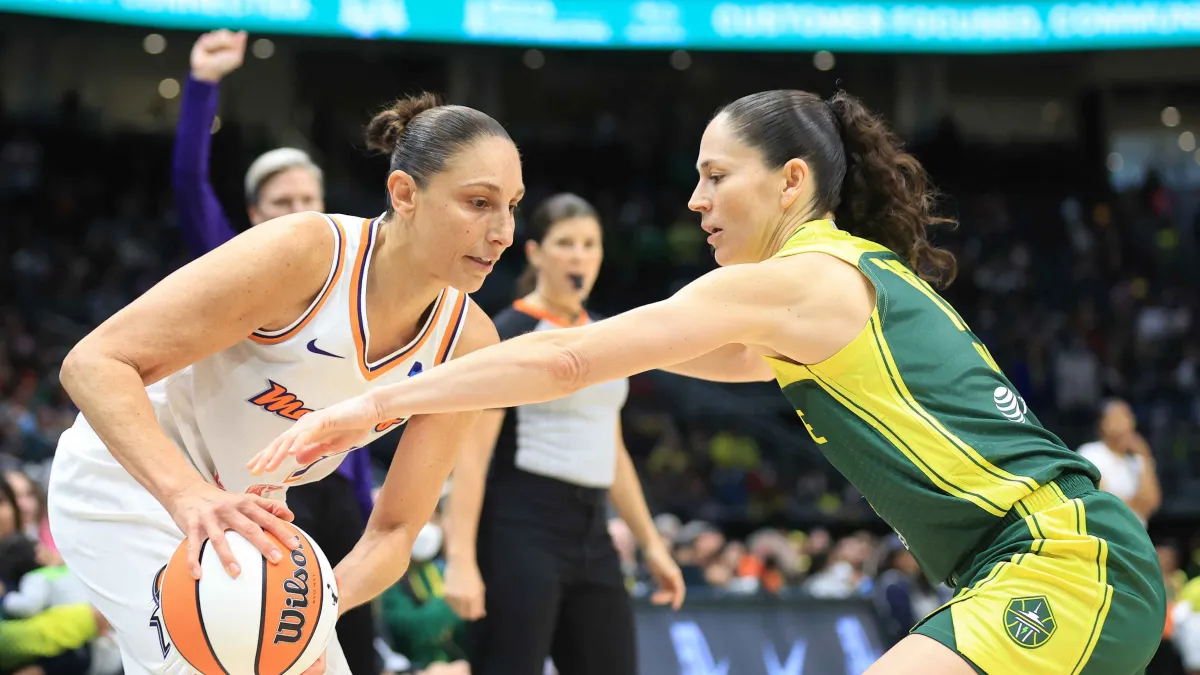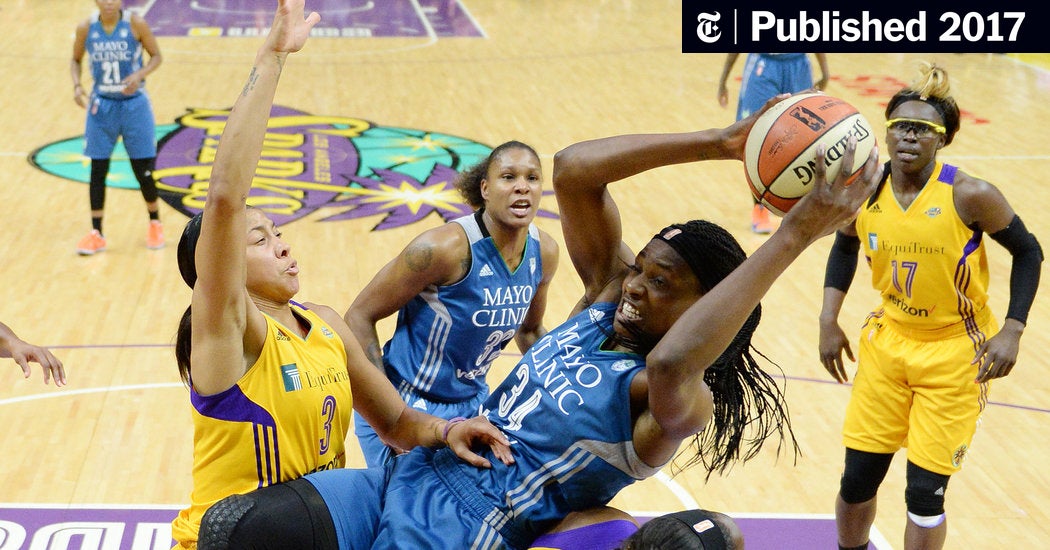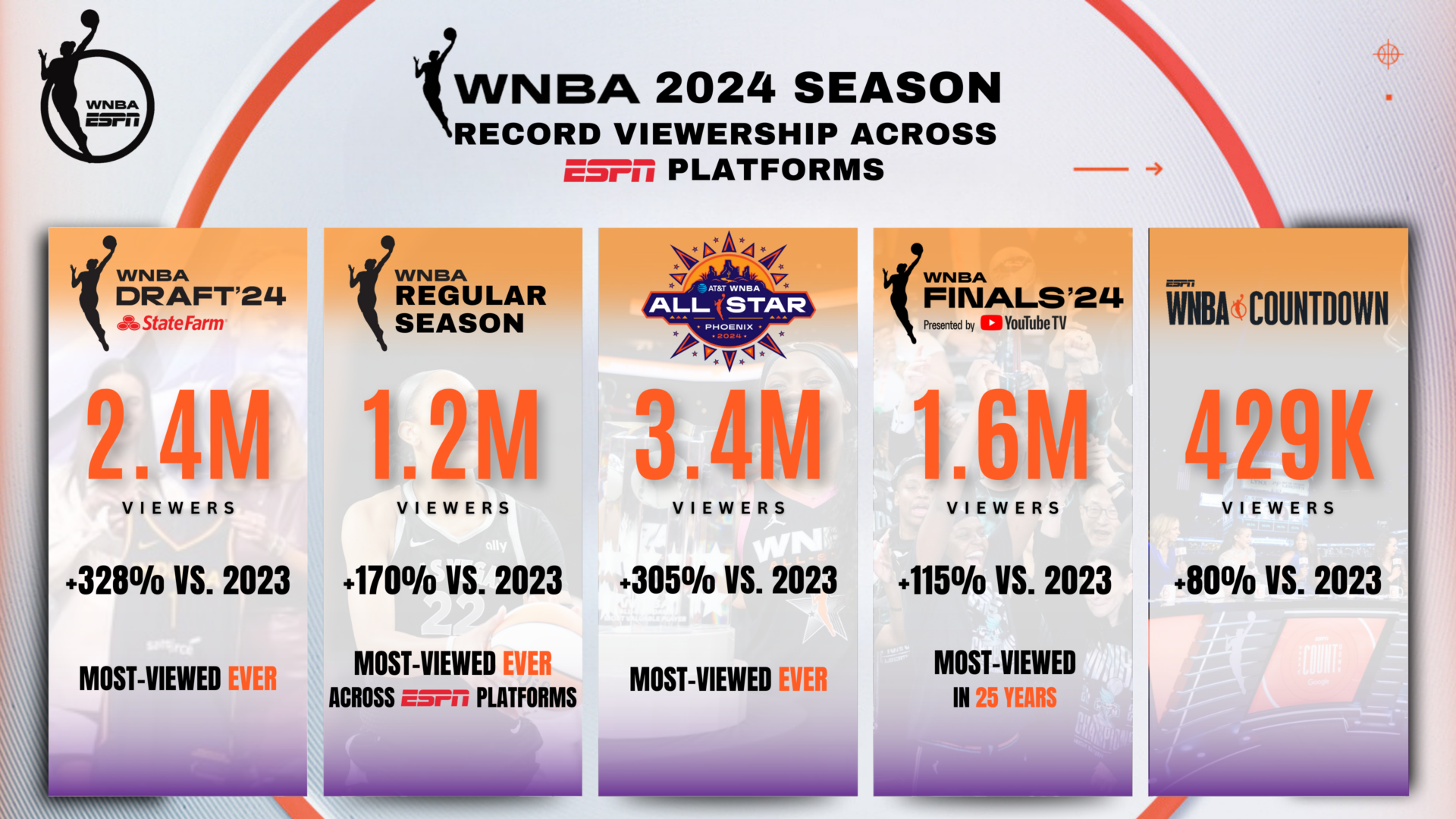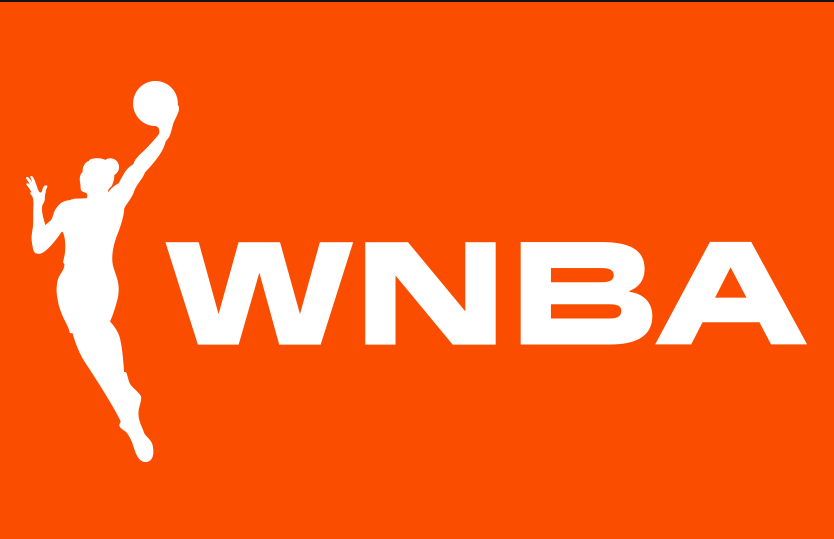WNBA History

1996-2003
From 1996 to 2003, the WNBA (Women’s National Basketball Association) was in its formative years, establishing itself as the premier professional women’s basketball league in the United States. Founded in 1996 and launching its first season in 1997, the league gained attention with stars like Lisa Leslie, Sheryl Swoopes, and Cynthia Cooper, who helped lead the Houston Comets to four consecutive championships (1997–2000). Supported by the NBA, the WNBA promoted women’s sports visibility and professionalism, expanding its teams, fan base, and national recognition through its early success and media coverage.
2004-2011
From 2004 to 2011, the WNBA entered a period of growth and transition, marked by new stars, shifting team dynamics, and increased international influence. Veterans like Lisa Leslie and Sheryl Swoopes remained key figures, while emerging players such as Diana Taurasi, Sue Bird, Candace Parker, and Seimone Augustus became the league’s new faces. The Detroit Shock, Phoenix Mercury, and Seattle Storm dominated much of this era with multiple championships. The league also expanded its global reach, attracted more televised games, and continued to build legitimacy as a competitive and sustainable professional sports league for women.


2012-2018
From 2012 to 2018, the WNBA experienced a surge in talent, competitiveness, and visibility. This era was defined by dynamic stars like Maya Moore, Elena Delle Donne, Brittney Griner, and Breanna Stewart, who brought new energy and elevated play to the league. The Minnesota Lynx and Los Angeles Sparks emerged as dominant teams, facing off in several memorable Finals matchups. The league also embraced digital media and social platforms to reach wider audiences, introduced uniform sponsorships, and renewed its focus on social justice and player advocacy. These years solidified the WNBA’s reputation as a premier and influential force in professional sports.
2019-2025
From 2019 to 2025, the WNBA experienced major growth in popularity, visibility, and cultural impact. The league strengthened its identity through player activism, launching the “Justice Movement” in 2020 and becoming a leading voice for social justice. Stars like A’ja Wilson, Breanna Stewart, and Sabrina Ionescu drew new fans, while record-breaking viewership, attendance, and digital engagement marked steady expansion. By 2025, the WNBA had achieved its highest ratings in league history, announced plans for new teams, and cemented its status as one of the fastest-growing and most influential professional sports leagues in the world.

